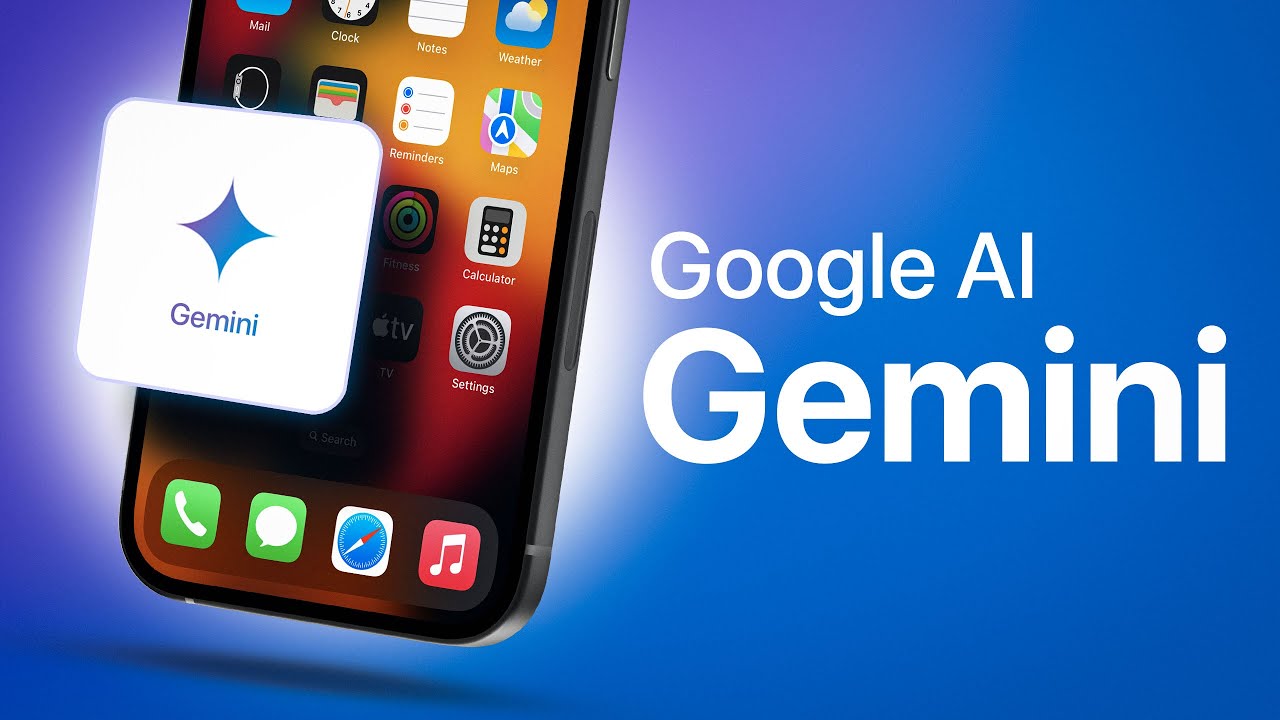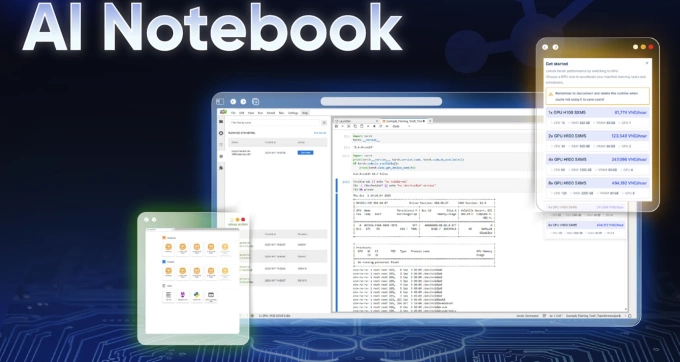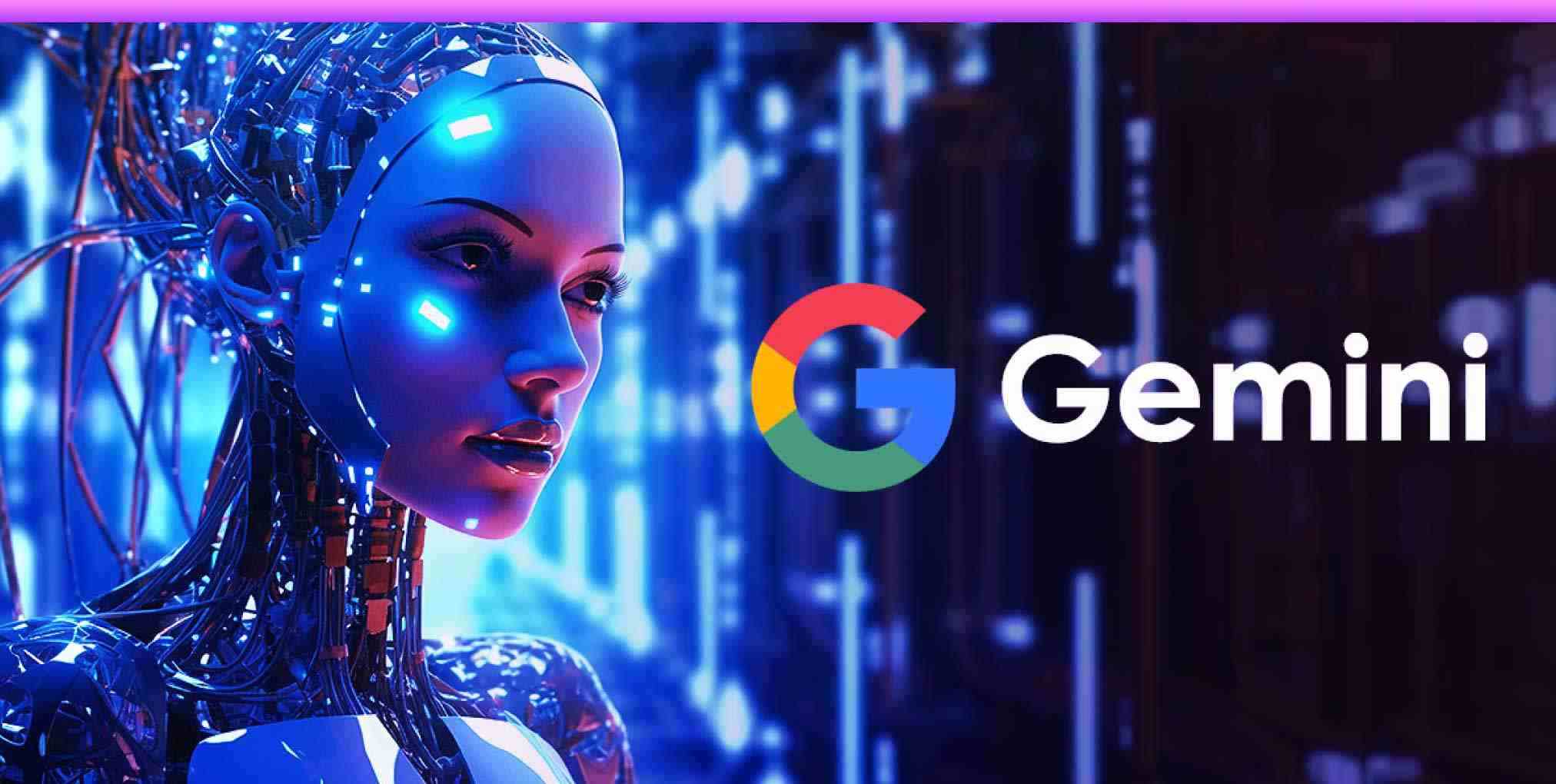Article
According to a new report from Bloomberg, Apple plans to spend $1 billion per year to use Google’s Gemini AI model to upgrade Siri. The agreement, according to people familiar with the matter, is being finalized after a period of careful evaluation and is seen as an acknowledgment that Apple has fallen behind in the global AI race.
This decision comes from the fact that Apple’s AI development efforts have not yet reached the level needed to deliver the Siri upgrade the company has long promised. After testing several leading AI models including OpenAI’s ChatGPT, Anthropic’s Claude, and Google’s Gemini, Apple finally chose Gemini earlier this year.
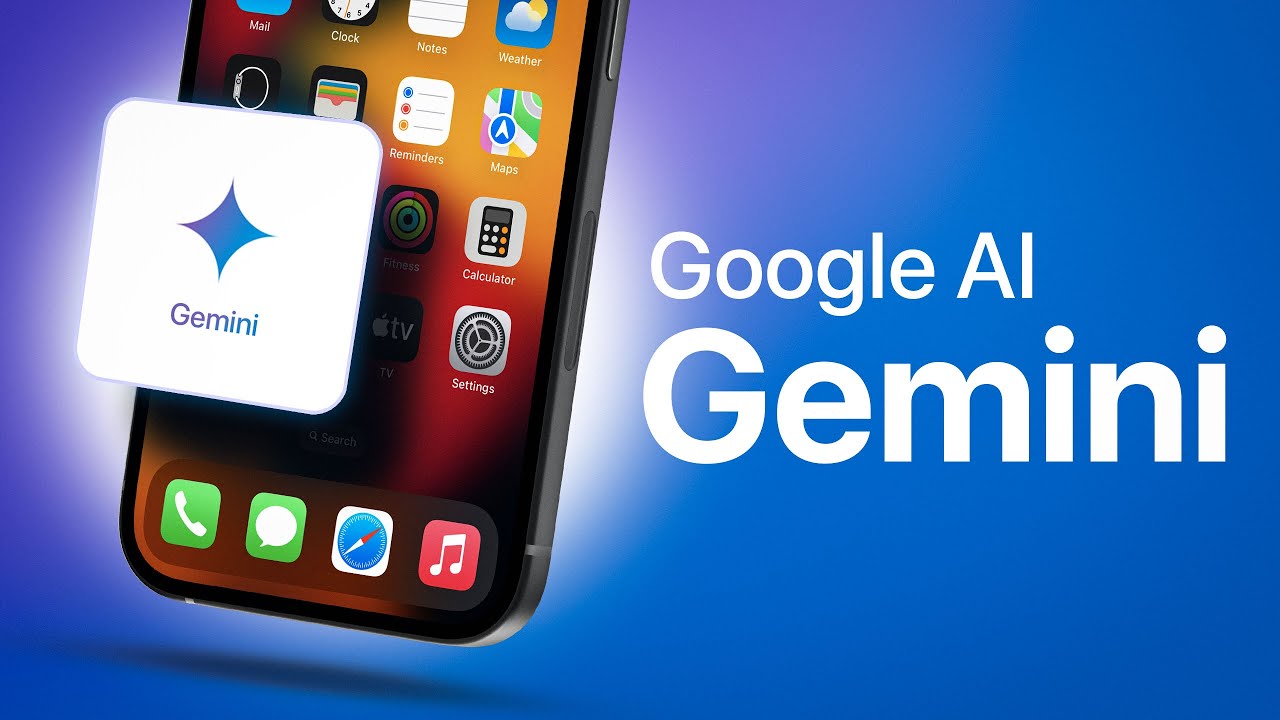
How will Gemini work on Siri?
This choice is not accidental, as the Gemini model that Apple will use has up to 1.2 trillion parameters — a massive number that reflects the complexity and power of the AI software, eight times larger than the 150 billion parameters used by Apple Intelligence currently running on the cloud.
The new Siri upgrade is codenamed Linwood and is expected to launch in spring 2026 along with iOS 26.4. The project, known internally as Glenwood, is led by Mike Rockwell, the creator of the Vision Pro headset, and Craig Federighi, Apple’s Senior Vice President of Software Engineering.
According to the plan, the Gemini model will handle Siri’s summarization and planning functions — the components that allow the virtual assistant to synthesize information and decide how to execute complex tasks. However, some other Siri features will continue to use models developed by Apple itself.
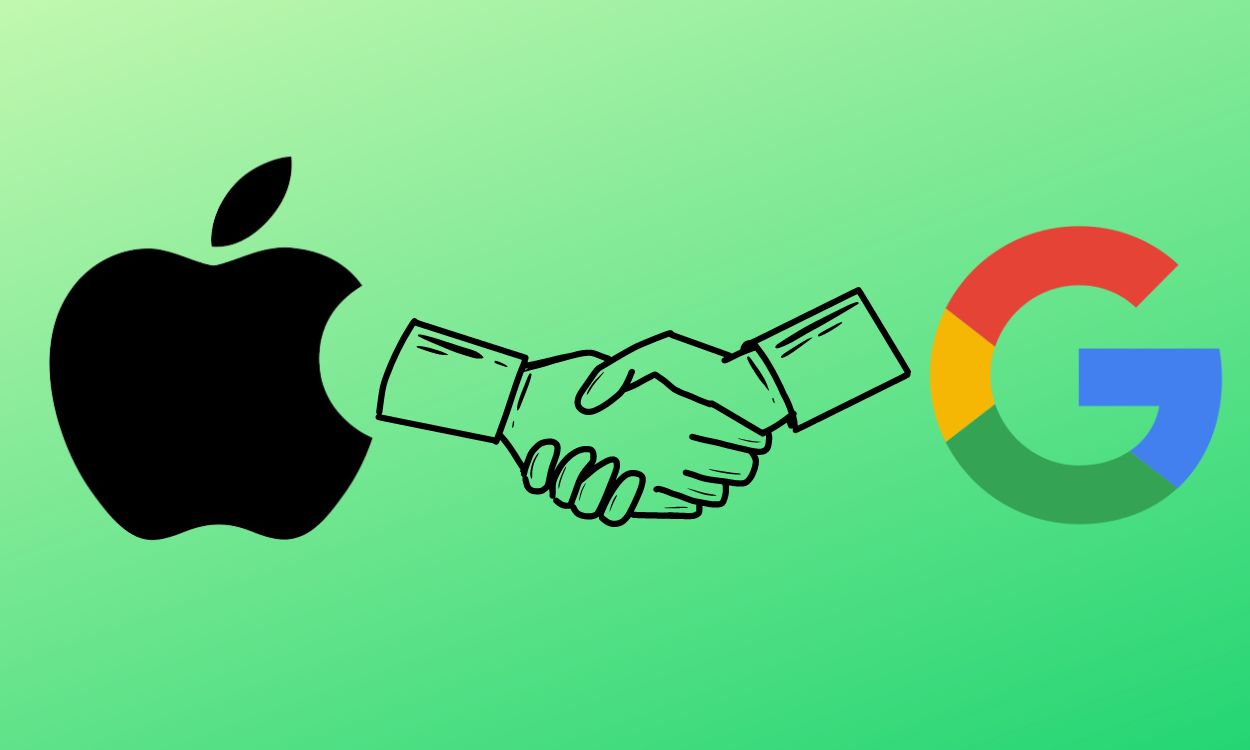
Although Apple has to rely on Google’s power, it still maintains absolute control over security. The Gemini model will run on Apple’s Private Cloud Compute servers, ensuring that user data is completely separated from Google’s infrastructure.
Apple has already allocated AI server hardware to support the operation of this model. This is an important point, as Apple always puts user privacy at the center of its business strategy.
This agreement is also different from the companies’ previous relationship. Unlike Google becoming the default search engine on Safari, this time Google will act as a behind-the-scenes technology provider and is unlikely to be publicly promoted.
Apple will treat Google as a silent technology partner rather than a co-brand. The agreement is also separate from previous discussions about directly integrating the Gemini chatbot into Siri — negotiations that nearly succeeded in 2024 and early this year but ultimately did not materialize.
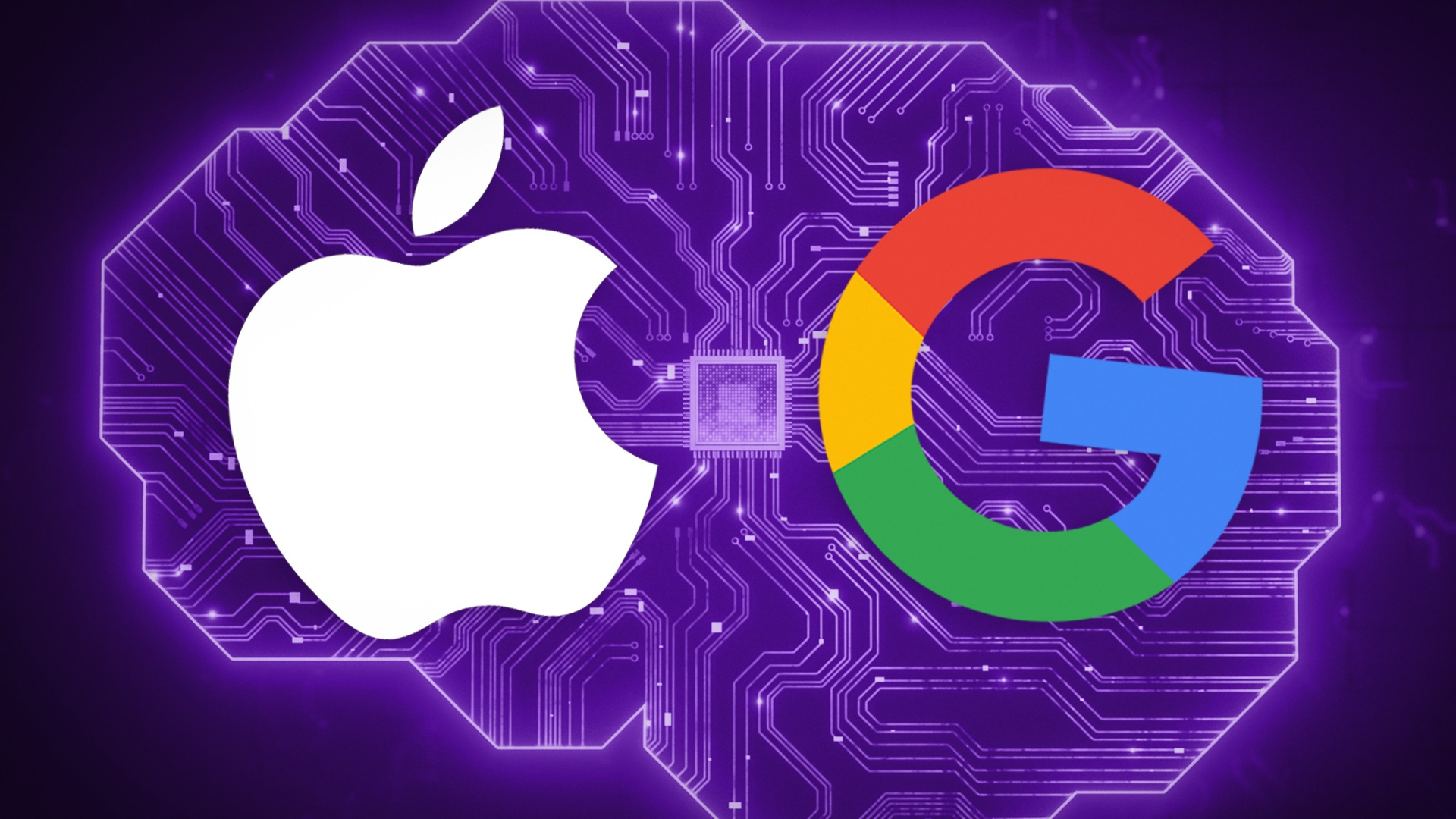
However, Apple does not intend to make Gemini a long-term solution. The company considers this only a temporary measure while it continues to develop its own AI technology. Apple’s AI model team is working on a cloud-based model with 1 trillion parameters and hopes to bring it to consumer applications as early as next year. Apple’s leadership believes they can achieve a quality level comparable to the customized Gemini version they will use.
However, catching up with Google is not easy. Google continuously upgrades its AI models and remains one of the market leaders, while Apple is facing AI talent loss, even with the departure of its head of development.
Another challenge Apple faces is the Chinese market. Due to the long-standing ban on Google products in China, the localized version of the new Siri is unlikely to rely on Gemini. Apple’s current solution for the Chinese market is to replace Gemini with a model developed by Alibaba or Baidu to adjust content according to local regulations.
